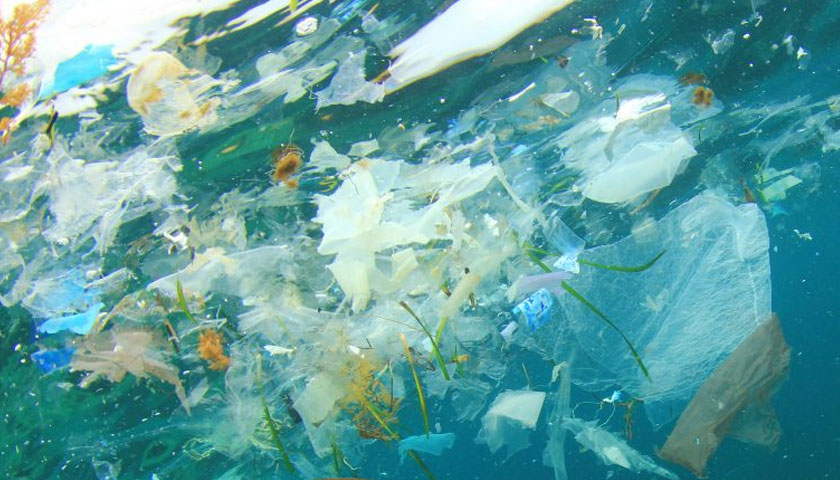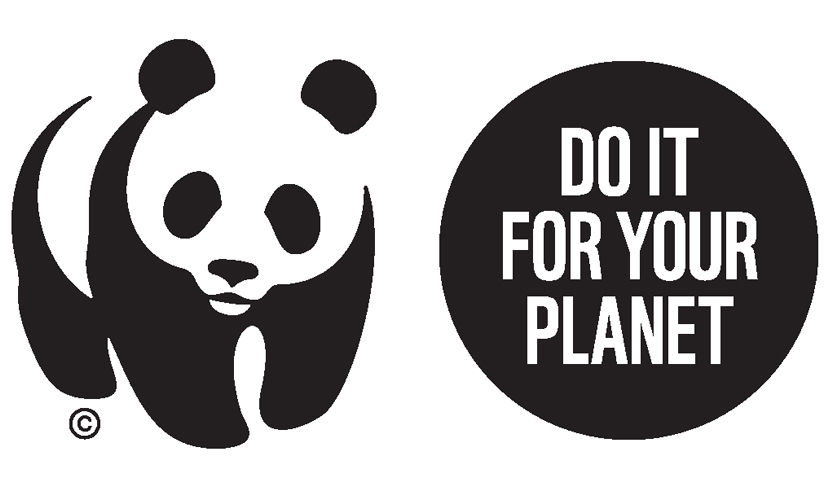The global plastic pollution crisis is threatening the natural environment on which we depend – impacting oceans, communities, wildlife, and people at an unprecedented rate. While many companies and organizations are committing to curb plastic pollution, some lack a roadmap to follow when implementing these commitments. The WWF has launched a new activation hub, ReSource: Plastic, to help solve this problem.
WWF estimates as few as 100 companies have the potential to help prevent roughly 10 million metric tons of the world’s plastic waste pollution – If done through industry, private sector and government collaboration. Even more, this number could triple by inspiring a ripple effect across supply chains and industry sectors.
ReSource seeks to tap into this massive potential by helping companies align their large-scale plastic commitments from aspiration to meaningful, measurable action. ReSource will collaborate with industries to ensure a systems-based approach to addressing plastic production, consumption, waste management and recycling as a single system.
“ReSource is designed to identify the concrete changes that will make the biggest impacts in reducing a company’s plastic pollution footprint,” said Nik Sekhran, Chief Conservation Officer, World Wildlife Fund. “To get closer to our goal of no plastic in nature will take nothing short of transforming the entire value chain. With ReSource, companies now have access to more advanced tools to maximize, measure and multiply their commitments to make this a reality.”
Six of the world’s leading companies, including Keurig Dr Pepper, McDonald’s, Procter & Gamble, Starbucks, Tetra Pak and The Coca-Cola Company have signed on as Principal Members.
“Addressing the plastic problem in our oceans, rivers and land is everyone’s responsibility – including the companies that use much of the plastic in the world today. It’s a complex issue with no one-size-fits-all solution, and that’s why we’re so energized by the approach WWF is taking with the ReSource program,” said Virginie Helias, Vice President and Chief Sustainability Officer, Procter & Gamble. “ReSource will bring a systems approach in partnership with many stakeholders – common metrics, best practices, accountability – that is much needed to accelerate progress on long-term solutions.”
A recent report by WWF, No Plastic in Nature: A Practical Guide for Business Engagement,” examined the scope and causes of the plastic waste crisis and laid out a clear and pragmatic guide for businesses to lead the much-needed plastics revolution. This guide provided the vision and foundation for the design of ReSource. Measurement and transparent reporting are paramount if this challenge is to be met. ReSource will track and publicly report progress on the amount of plastic waste prevented by participants on an annual basis.
“We are proud to join WWF as a Principal Member of ReSource,” said Francesca DeBiase, McDonald’s Executive Vice President and Chief Supply Chain and Sustainability Officer. “This partnership perfectly aligns with our ambition to use our Scale for Good and work with others to develop thoughtful, scalable solutions that will make a significant impact on the plastic pollution challenge.”
WWF is working to change the way the world sources, designs, collects and reuses plastic – taking the approach that no individual, organization, business or government can tackle the root causes of plastic pollution on their own. The complexity of the challenge demands collaboration and ReSource delivers on this demand by connecting companies with other key stakeholders to share discoveries and investments that will multiply the impact of these efforts globally.
Leading organizations tackling the plastic waste crisis, Ellen MacArthur Foundation (EMF) and Ocean Conservancy, have joined ReSource as Thought Partners. EMF has already united hundreds of organizations around a set of 2025 targets through the New Plastics Economy Global Commitment. EMF will work closely with WWF to ensure ReSource is aligned with their vision of a circular economy for plastics and to provide organizations with the tools needed to achieve these targets. For years, Ocean Conservancy has convened scientists and businesses around solutions to the ocean plastic crisis through its Trash Free Seas Alliance®, of which WWF is a member. Ocean Conservancy will help ensure ReSource is informed by deep ocean expertise, particularly as ocean plastic pollution has become a driver for change toward a circular economy.
“World Wildlife Fund is a key partner for Starbucks in our efforts to continue minimizing our environmental footprint,” said John Kelly, Senior Vice President of Global Public Affairs and Social Impact, Starbucks. “We look forward to being a part of ReSource: Plastic as we know it takes collaboration to find scalable, truly impactful solutions. We’re committed to learning and leading alongside other brands as we work toward our aspiration of sustainable coffee, served sustainably.”
ReSource is part of WWF’s global No Plastic in Nature campaign to protect the world’s oceans and biodiversity by tackling marine litter and unnecessary plastic consumption.

